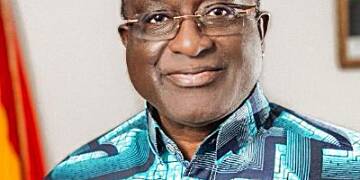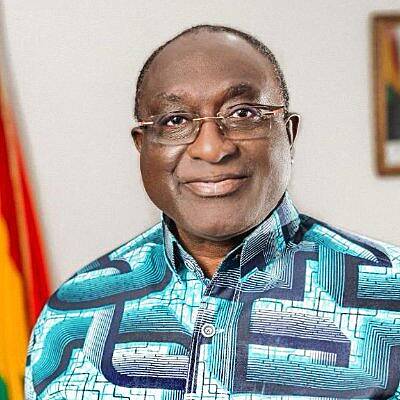Independent presidential candidate for the Movement for Change, Alan Kyerematen, has argued that the voting patterns of Ghanaians are largely influenced by the state of the economy and the hardships they face, rather than infrastructure development.
According to him, the National Democratic Congress (NDC) and the New Patriotic Party (NPP) have failed to address the fundamental challenges facing the country despite their years in power. He pointed out that in 2016, the NDC, despite undertaking numerous projects such as road construction and hospital development, lost power because Ghanaians were burdened by economic difficulties.
Speaking on a Kumasi based TV station, he acknowledged that the NPP has also implemented some initiatives, such as the Free Senior High School policy and the One District, One Factory program.
However, he noted that the current economic crisis, characterized by a depreciating cedi, high unemployment, persistent “dumsor,” and a lack of access to potable drinking water in many communities, has eroded public confidence in the ruling party.
Mr. Kyerematen stressed that his nationwide campaigns have revealed a growing dissatisfaction among the electorate with both the NDC and the NPP. He observed that after 32 years of governance shared between the two parties, Ghana continues to face economic instability, including recurring engagements with the International Monetary Fund (IMF).




















